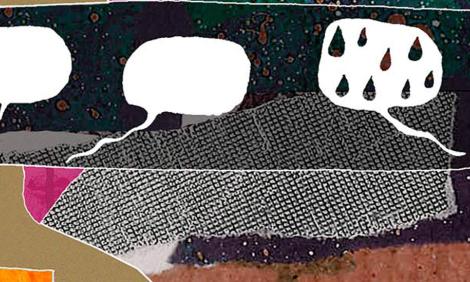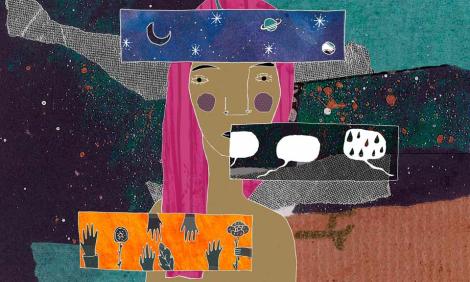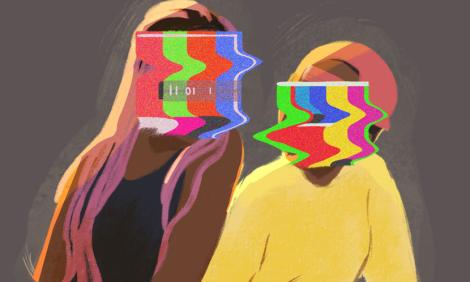In depth
Ectogenesis, Feminism, and the Metaphysics of Pregnancy
By Sasha Isaac
Advances in biological sciences suggest that in the future it would be possible to give birth to babies outside of the woman's body, and this upsets assumptions that connect reproductive labour to fixed gender roles. What are then the implications for feminist imaginations and futures?
In depth
Doing standpoint theory
By Ambika Tandon
In this article about research with domestic workers and unions, we look at the implications of feminist methods of research and standpoint theory, and how feminist methods of research should seek to destabilise power hierarchies and dynamics.
In depth
Memory and invisibility: feminist research as institutional archive of our diversity
By Débora Prado
What is the place of memory in research? What happens when researchers hold fragile links to the past for a community? How can we pleasantly complicate our ideas around research and writing by including the role of memories - that of those being researched and our own as well.
In depth
“I have read and agree to the Terms and Conditions”: Informed Consent in the Age of Social Media
By Minoli Wijetunga
Research on social media, particularly relying on public and semi-public data shared by people, raises uncomfortable questions about privacy of people and their consent to being part of a research project. What questions of consent does a feminist lens on this subject raise?
In depth
Female porn on the rise?
By Bruno Zilli
Women are being recognised as consumers of pornography increasingly which potentially can change how compulsory heterosexuality and gender stereotypes are embedded in media. Here we explore the contradictions between women consuming porn and sexual violations of female performers, and how do we then understand, research and talk about consumption of pornography.
In depth
Visibility and secrecy: Data protection, privacy and gender in Pakistan
By Bianca Baldo
Privacy rights are becoming increasingly important and especially in the context of increasing datafication. Shmyla Khan of Digital Rights Foundation in Pakistan talks about the ways in which privacy rights are relevant, used and abused in the lives of women and gender diverse people.
In depth
“Our Constitution is Strong”: Straight Digital Discourse and Disremembered Queer Accounts
By Mumbi Kanyogo
What does it mean to rise to the surface of people's attention briefly because of violence done to your body, harassment, dispossession and precarity, only to be replaced the next day by the next trending hashtag? This article explores the limits of straight discourse online and the convenient elision of queer accounts and issues.
In depth
“It made me despise the world of technology”: Interview with Iranian queer feminist Shadi Amin
By Shreya Ila Anasuya
Shadi Amin, an Iranian queer feminist and writer, became the victim of an online defamation campaign that left her with no recourse. The allegations of rape, abuse, bullying and money laundering wrecked Amin's life and in this interview with Shreya Ila Anasuya, Amin describes the ways in which the attack took place and what happened after.
In depth
How Tiktok is a platform for performance and play for women in Sri Lanka
By Sachini Perera
Tiktok is a wildly popular short video platform and has led to a myriad form of creative and playful expressions. This article explores the videos from Ceylon in relation to heteronormativity, gender, and how the boundaries between the personal and public are blurred.
In depth
Interview with Eva Blum-Dumontet, Privacy International
By Bianca Baldo
Privacy allows women and members of marginalised communities to create safe spaces of expression and makes available tools that challenge norms that restrict equality, access and control. Bianca Baldo interviews Eva Blum-Dumontet, one of the authors of the recent report from Privacy International on gender and privacy.























